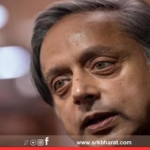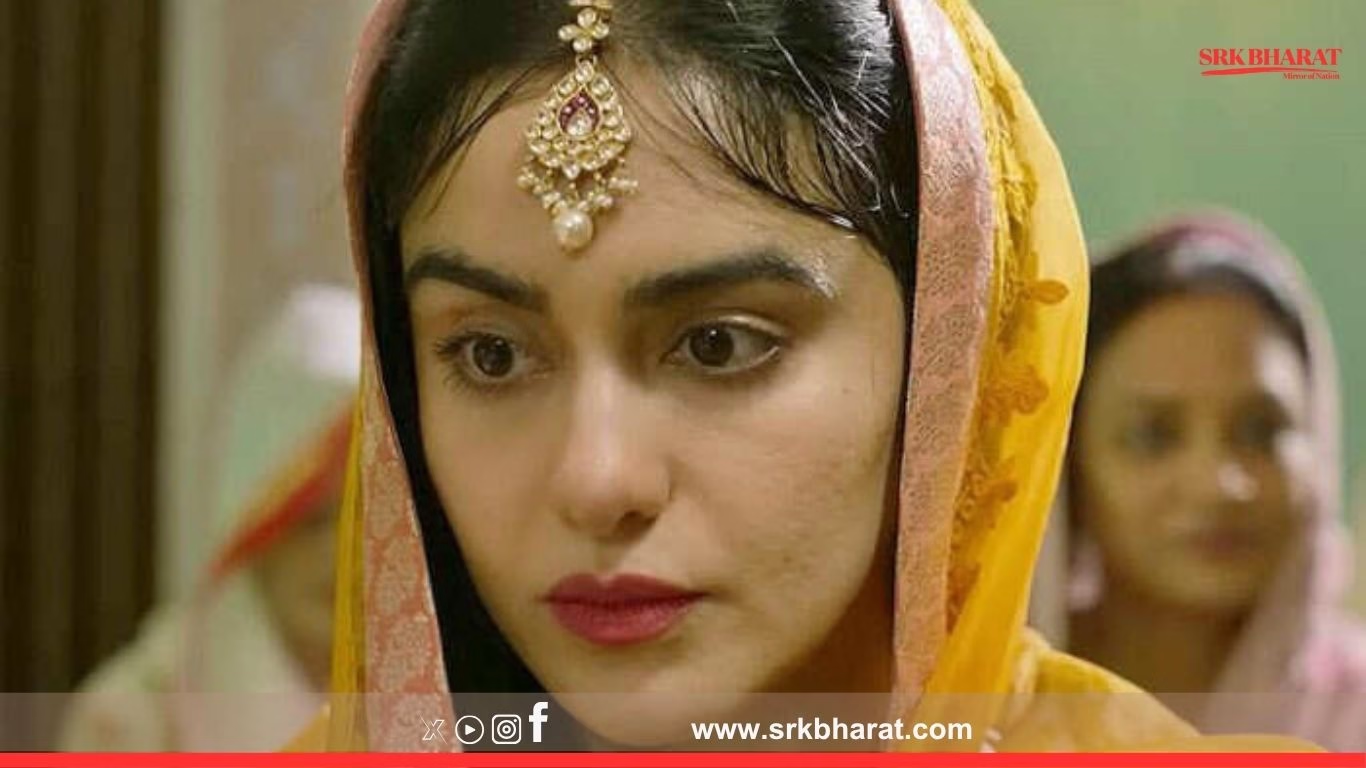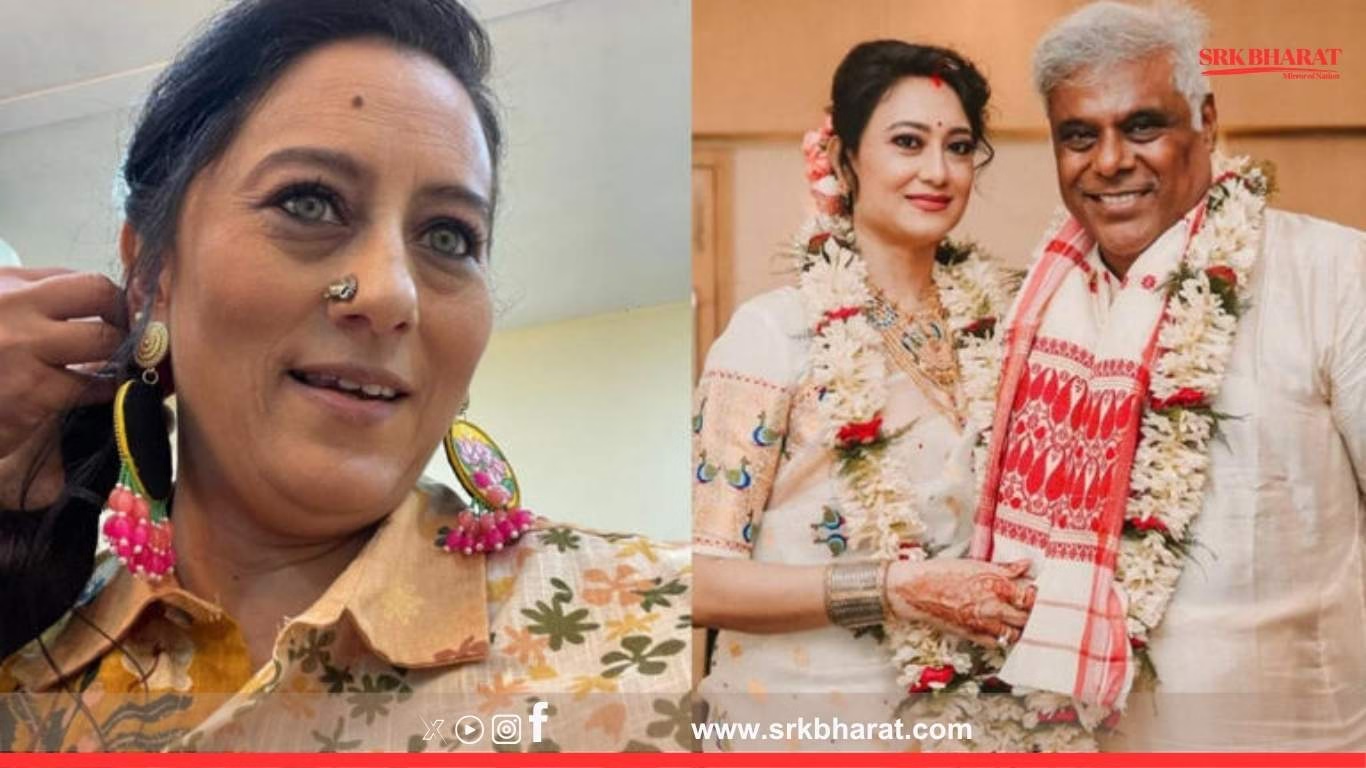Pune – Students of the prestigious Film and Television Institute of India (FTII) have raised strong objections to the decision to confer National Awards on the controversial film The Kerala Story, calling it a blatant misuse of cinema as a tool for political propaganda. In a strongly worded statement and subsequent protest on the institute’s campus, the students alleged that the award decision reflects a growing trend of ideological interference in the arts, particularly in state-backed recognition platforms.
The uproar began shortly after the National Film Awards jury announced its list of winners for the year, with The Kerala Story receiving accolades in key categories including Best Popular Film Providing Wholesome Entertainment and a Special Jury Mention for lead actor Adah Sharma. The film, directed by Sudipto Sen and produced by Vipul Amrutlal Shah, has been surrounded by criticism and controversy ever since its release for allegedly presenting a distorted narrative of religious radicalisation.
FTII Students Decry Politicisation of Cinema
At the heart of the FTII students’ opposition is their claim that the film is factually incorrect, ideologically charged, and misrepresents real-life events to push a polarising narrative. During a campus gathering held in Pune, the Students’ Association released a statement condemning the film’s inclusion in the national honours, stating:
“It is disheartening to witness a film rooted in communal misinformation being glorified with a National Award. The Kerala Story is not a representation of wholesome entertainment but a dangerous distortion that threatens the secular fabric of our nation.”
The protest featured placards, discussions, and an open screening of short films by FTII students showcasing the importance of factual storytelling and ethical responsibility in cinema. Many student filmmakers expressed concern that such recognitions might discourage objective, issue-based filmmaking.
The Kerala Story: A Snapshot of Controversy
Released in 2023, The Kerala Story portrays the alleged radicalisation of women from Kerala and their recruitment into ISIS. It triggered intense debate across India, with political parties, religious groups, civil rights activists, and state governments reacting strongly.
Key points of contention surrounding the film include:
| Controversial Element | Criticism by Experts & Public |
|---|---|
| Claim of 32,000 women being radicalised | Lacked empirical evidence and was widely debunked by fact-checkers |
| One-dimensional religious portrayal | Accused of targeting the Muslim community and promoting Islamophobia |
| Screenings supported by political groups | Viewed as part of a larger electoral and ideological agenda |
| Use in educational and public institutions | Raised questions about government endorsement of controversial narratives |
Despite these concerns, the film performed well at the box office and received strong backing from right-wing groups and political leaders, with some states even offering tax exemptions and organised public screenings.
Awards Decision Draws Mixed Reactions Across the Industry
The National Film Awards are India’s most prestigious honours in the field of cinema, judged by a jury of filmmakers, critics, and scholars. While the jury has not commented extensively on the rationale behind awarding The Kerala Story, the decision has been perceived by many industry insiders as a signal of shifting paradigms in film appreciation under political influence.
Veteran filmmakers, screenwriters, and former FTII faculty members have expressed concern about the precedent this sets. Filmmaker and screenwriting mentor Anjum Rajabali stated during a panel discussion:
“The integrity of national recognition lies in its distance from propaganda. Honouring divisive content under the guise of entertainment is a worrying sign.”
Conversely, supporters of the film and its creators argue that The Kerala Story brought forward a conversation often silenced in mainstream discourse and should be seen as artistic expression rather than propaganda.
Timeline of Reactions and Developments
| Date | Event |
|---|---|
| 2023 | The Kerala Story releases and draws sharp criticism from opposition parties and civil society |
| 2023 (mid-year) | Petitions filed in courts challenging the film’s claims; some theatres face disruptions |
| 2023 (later months) | Several states declare the film tax-free; screenings held in educational institutes |
| 2024 | Film continues to be at the centre of communal debates |
| July 2025 | Wins National Film Award; FTII students and several independent voices condemn the move |
Government’s Response and Ministry’s Silence
While the Ministry of Information and Broadcasting has refrained from making an official statement on the FTII protests, sources within the ministry indicate that the awards were strictly based on jury recommendations. However, critics argue that jury composition itself has become increasingly political, leading to questionable decisions that align with the ruling establishment’s ideological leanings.
Opposition political parties have also weighed in. Leaders from the Congress, CPI(M), and Trinamool Congress questioned the neutrality of the awards and backed the FTII students’ concerns.
FTII’s Role as a Cultural Vanguard
Founded in 1960, the Film and Television Institute of India has long been a breeding ground for cinematic excellence and political thought. Alumni include legends like Shyam Benegal, Adoor Gopalakrishnan, Rajkumar Hirani, and Sanjay Leela Bhansali. Known for its tradition of questioning authority and upholding creative freedom, FTII has seen several student-led protests over the years — including during the controversial appointment of Gajendra Chauhan as Chairman in 2015.
With this latest protest, students at the institute are reaffirming their position as torchbearers of independent, issue-driven cinema. “Awards should reflect truth, courage, and innovation — not ideology,” said a final-year direction student during the protest.
Social Media Storm and Public Reactions
The protests have sparked debates on social media platforms, where hashtags like #FTIIProtests and #NationalAwardDebate have been trending.
| Social Media Platform | Top Trending Hashtags | Sentiment |
|---|---|---|
| Twitter (X) | #FTIIProtests, #KeralaStoryAward | Mixed, with polarised commentary |
| #CinemaWithoutPropaganda, #FilmFreedom | Largely supportive of FTII | |
| #NationalFilmAwards2025 | Divided responses from public pages | |
| YouTube | Panel discussions, debates | Widespread engagement from film communities |
While right-wing users have accused FTII of elitism and intellectual bias, others — including independent filmmakers and liberal commentators — have lauded the students for taking a principled stand.
Broader Implications for Indian Cinema
The controversy has reignited a long-standing debate about the purpose of cinema — is it to inform, entertain, critique, or conform? FTII students argue that rewarding films like The Kerala Story incentivizes divisive storytelling and discredits the institution of cinema as a space for truth and creativity.
They also expressed fear that the National Awards might lose credibility if used to reward ideologically conformist content rather than merit.
Conclusion
As the dust settles around the 2025 National Film Awards, The Kerala Story has once again become a flashpoint for India’s cultural and political divisions. The FTII students’ protest is not merely a rejection of a film but a clarion call to uphold the ethical foundations of cinema.
Whether their stand will lead to broader reforms or be dismissed as youthful dissent remains to be seen. What is clear, however, is that the battle over who defines “national” cinema in India is far from over.
Disclaimer: This article is based on available information, public statements, and protest documentation as of July 2025. Opinions expressed by individuals quoted herein do not represent the views of the publication. Readers are encouraged to follow ongoing developments from credible sources.











